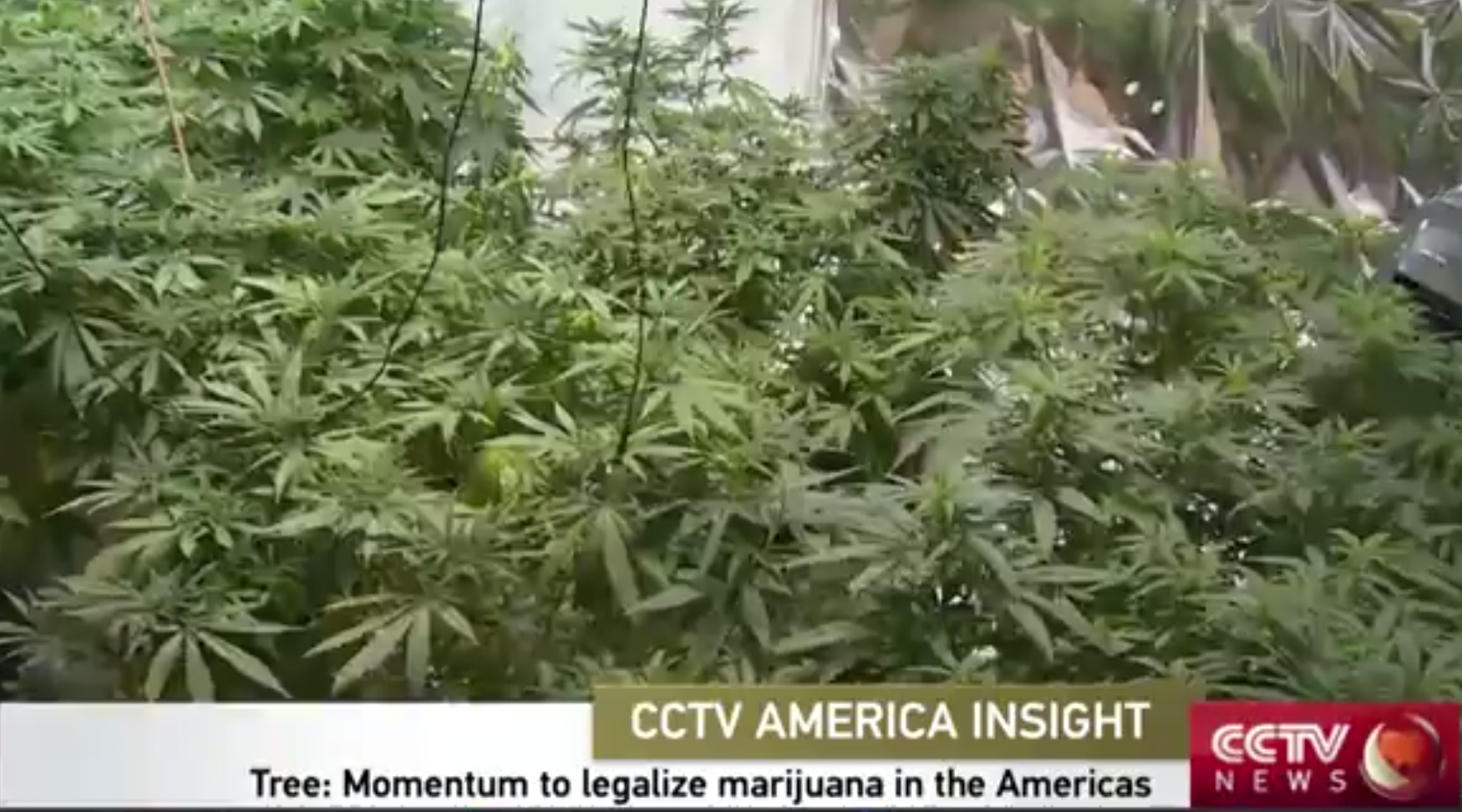Momentum is building in Latin America to legalize marijuana for medical and other uses. IPS drug policy expert Sanho Tree said in an interview with CCTV that more progressive drug reforms are snowballing through the hemisphere.
“The U.S. has been a global drug cop enforcing the war on drugs, and there’s a lot of push-back from the hemisphere saying ‘we’ve suffered the results of the drug war for decades, and frankly we’ve had enough of it, ‘” So they’re looking at different ways to control and regulate drugs, rather than criminalize them and create a black market that enriches cartels, Tree said.
But the UN’s special session on the world drug problem revealed that two different worlds are developing.
“Global drug treaties are basically supported by a false consensus,” Tree said. “That consensus is shattered now.”
The Western hemisphere and western Europe are moving towards more progressive reforms, while other parts of the world – Russia, China, Indonesia, Malaysia, and many Arab states – are leaning towards more regressive, tougher drug laws.
The counterintuitive part about solving the drug war is the harder we clamp down, the higher risk premium you build into the product, and the more you feed the success of cartels, Tree explained.
“There really shouldn’t be any money there,” Tree said. “The plants are easy to produce, easy to grow, there’s nothing exotic about them. It’s the criminalization and the risk premium that allows the drug traffickers to make vast, vast fortunes.”
Tree said he believes legalization will have a domino effect. Several U.S. states will have legalization on the ballot this November, and many countries in South America have already decriminalized personal possession. Research on cannabis-based medicine is also being liberalized.
“If you believe that drug addiction and abuse causes harm to the individual, what sense does it make for the state to punish them, to hurt them even more through criminalization?” Tree said.
